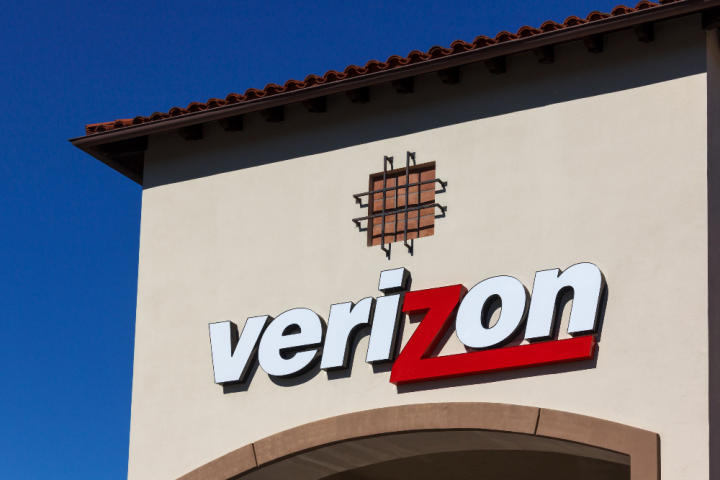
Normally, you needed to spend an extra $20 above whatever you paid for a new phone through Verizon, whether it was through a monthly installment plan or outright. That activation and upgrade fee has increased to $30, and though Verizon did not explain what is behind the change, Big Red did confirm its institution to FierceWireless.
The more significant change is to its two-year contracts, in that they no longer exist in any capacity. This is nothing new for new customers, who have been unable to sign such contracts since 2015. Rather, the change applies to existing customers, who were still able to sign up for two-year contracts. FierceWireless confirmed the change with Verizon, while Droid Life did so with an unnamed source, customer service representative, support site, and through an account.
Verizon’s complete removal of two-year contracts is more of a formality as carriers continue to push installment plans. T-Mobile was the first carrier to launch these plans, and other carriers, such as AT&T and Verizon itself, followed suit. Sprint is the only major carrier that offers two-year contracts, but even the fourth-largest carrier in the United States does not promote it nearly as much as it does its installment plans.
More: The Best Family Plan, Individual Plan, Unlimited Plan, and More
With Verizon’s move, the carrier is now completely separated from phone contracts. As such, existing customers must choose between device payment plans and an outright purchase once their contracts expire, something that those with grandfathered plans might not be too thrilled to hear. Furthermore, the $40 upgrade fee that is applied when you purchase a phone on contract no longer exists.
Similar to the upgrade fee change, the removal of two-year contracts for existing customers is already in effect.


